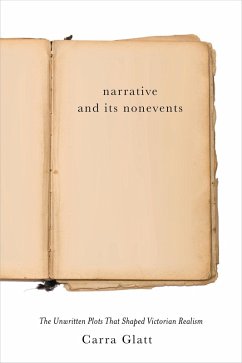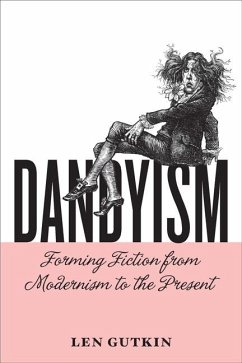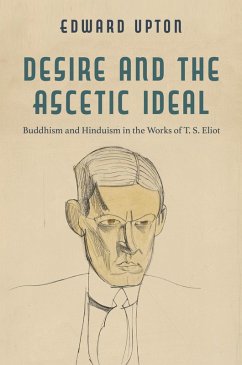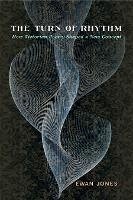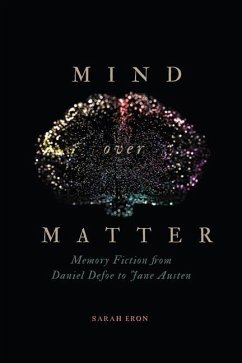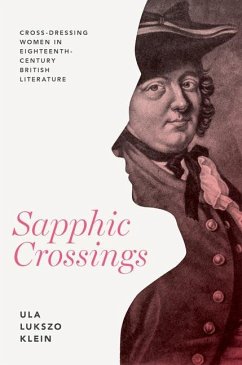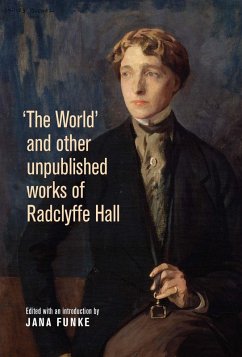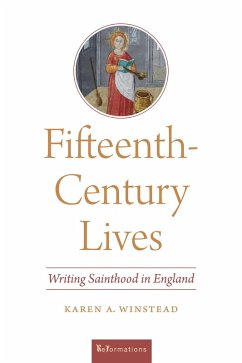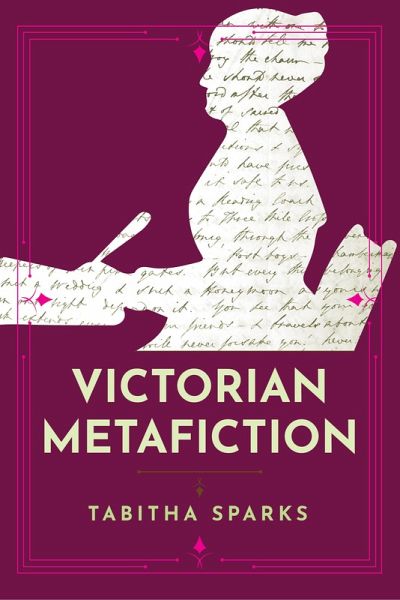
Victorian Metafiction (eBook, ePUB)

PAYBACK Punkte
11 °P sammeln!
Critics agree in the abstract that "metafiction" refers to any novel that draws attention to its own fictional construction, but metafiction has been largely associated with the postmodern era. In this innovative new book Tabitha Sparks identifies a sustained pattern of metafiction in the Victorian novel that illuminates the art and intentions of its female practitioners.From the mid-nineteenth century through the fin de siècle, novels by Victorian women such as Charlotte Brontë, Rhoda Broughton, Charlotte Riddell, Eliza Lynn Linton, and several New Women authors share a common but underexam...
Critics agree in the abstract that "metafiction" refers to any novel that draws attention to its own fictional construction, but metafiction has been largely associated with the postmodern era. In this innovative new book Tabitha Sparks identifies a sustained pattern of metafiction in the Victorian novel that illuminates the art and intentions of its female practitioners.
From the mid-nineteenth century through the fin de siècle, novels by Victorian women such as Charlotte Brontë, Rhoda Broughton, Charlotte Riddell, Eliza Lynn Linton, and several New Women authors share a common but underexamined trope: the fictional characterization of the woman novelist or autobiographer. Victorian Metafiction reveals how these novels systemically dispute the assumptions that women wrote primarily about their emotions or were restricted to trivial, sentimental plots.
Countering an established tradition that has read novels by women writers as heavily autobiographical and confessional, Sparks identifies the literary technique of metafiction in numerous novels by women writers and argues that women used metafictional self-consciousness to draw the reader's attention to the book and not the novelist. By dislodging the narrative from these cultural prescriptions, Victorian Metafiction effectively argues how these women novelists presented the business and art of writing as the subject of the novel and wrote metafiction in order to establish their artistic integrity and professional authority.
Dieser Download kann aus rechtlichen Gründen nur mit Rechnungsadresse in A, D ausgeliefert werden.




